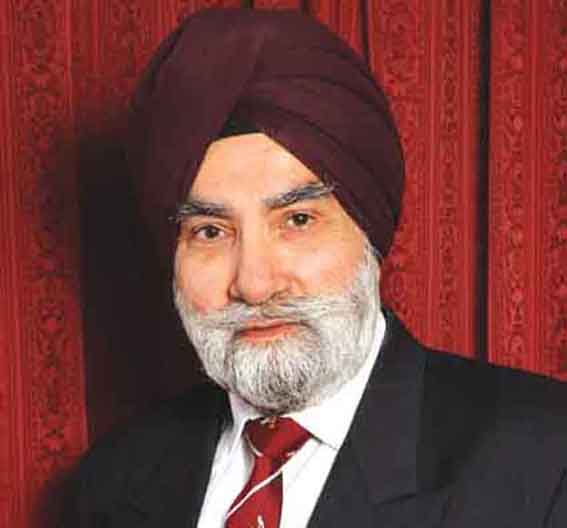The State of Indian Democracy as the Country Heads for General Election 2024

People of Indian origin in the diaspora, take a keen interest in the state of the Indian democracy. More so as the 2024 General Election approaches. At stake are the constitutional safeguards for minorities. There are legitimate diaspora Sikh concerns for the future of Des Panjab.
Regardless of the political party in power, India has been slipping in the world league table of democracies for some years when measured against some key democratic values such a rule of law, civil liberties, electoral processes, political participation, government functioning, equal rights of minorities and acceptance of diversity. Depending on surveys by different organisations, India ranks between 46th to 66th place amongst world democracies. Surprisingly, USA too is regarded as a flawed democracy and is placed at 30th place in one survey. Right wing nationalism is on the increase globally.
India has been described as a flawed democracy for some decades. Recently the system has been further downgraded to an electoral autocracy.
Scandals like lack of public openness about those who donated to Indian political parties through the Electoral Bonds Scheme continue to erode public trust in the system which can be manipulated by those in power. It is alleged that the State Bank of India is complicit in the cover up. According to the Centre for Media Studies at Delhi, electoral bonds have benefitted the party in power and are responsible for the soaring cost of elections making 2019 election costing $8.6 billion, the most expensive in the world! According to critics, the Scheme distorts democracy and has been banned by the Supreme Court of India.
However, against all the negatives, there is a positive angle which shows the resilience of Indian intellectuals to safeguard the plural Indian society. Despite restrictions and risks, Indian intelligentsia and independent journalists are not silent about the slippery slope Indian democracy has been taking towards becoming an authoritarian regime regardless of ruling political parties. Sikhs will not forget that 1984 events took place when Congress was in power.
There are open and highly informative debates on the digital and electronic media about the ongoing protests (called andolans in Hindi) all over the country.
Of these, the current second protest by Indian farmers starting from Punjab and Haryana, is a good example. There is exposure of lack of a coherent farm policy over the decades on the part of the political parties in power at State and Central levels, and of the slow but certain takeover by the wealthy corporate sector pushing small farmers to suicides. We need to bear in mind that, although, farmers insist that their protest about farm prices is above politics, they, together with farm dependent sectors, do form the most influential voting bloc in India.
The widening rich-poor divide, increasing unemployment and falling incomes in real terms have become 2024 election issues.
It would be simplistic to assume that the protests for many different reasons and by different interest groups are just against the present BJP government. The protests are the result of cumulated grievances, most going back over the decades.
Experts doing the ranking of World democracies, blame the Indian administration for increased pressure on human rights groups, intimidation of journalists and activists, and a spate of attacks, especially against Muslims. This has led to a deterioration of political and civil liberties in the country. The topic is ongoing.
Gurmukh Singh OBE
Principal Civil Servant retd (UK)